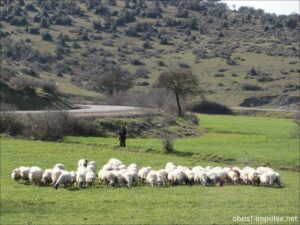 Jesus says in John 10:11, “I am the good shepherd. The good shepherd lays down his life for the sheep.”
Jesus says in John 10:11, “I am the good shepherd. The good shepherd lays down his life for the sheep.”
Ezekiel wrote in Ezekiel 34:11: “Thus says the Lord God: Behold, I, I myself will search for my sheep and will seek them out. 12 … I will rescue them …. 15 I myself will be the shepherd of my sheep, and I myself will make them lie down, declares the Lord God. 16 I will seek the lost, and I will bring back the strayed, and I will bind up the injured, and I will strengthen the weak.” God is the good shepherd.
150 years earlier Micah 5:2-5 wrote: “But you, O Bethlehem Ephrathah, … from you shall come forth for me one who is to be ruler in Israel, whose coming forth is from of old, from ancient days. … 4 he shall stand and shepherd his flock in the strength of the Lord. … 5 And he shall be their peace.”
Likewise, Isaiah 40 wrote: “10 Behold, the Lord God comes with might, and his arm rules for him; … 11 He will tend his flock like a shepherd; he will gather the lambs in his arms; he will carry them in his bosom, and gently lead those that are with young.”
By calling himself the good shepherd in John 10, Jesus is saying that God can be experienced through him.
In John 10:31 “the Jews picked up stones again to stone him …. 33 because you, being a man, make yourself God.”
In Psalm 23, David reveals to us what this shepherd is like.
- Jesus – the good shepherd 18. August 2023
- The LORD is my shepherd 14. August 2023
- I shall not want 17. August 2023
- He makes me lie down in green pastures 16. July 2023
- He leads me beside still waters 21. July 2023
- He restores my soul 24. July 2023
- He leads me in paths of righteousness for his name’s sake 26. July 2023
- In the valley of deep darkness with God on you 27. July 2023
- Your rod and your staff, they comfort me. 31. July 2023
- You prepare a table before me in the presence of my enemies 3. August 2023
- You anoint my head with oil. 5. August 2023
- My cup overflows 8. August 2023
- Surely goodness and mercy shall follow me all the days of my life 9. August 2023
- I will return to the house of the LORD forever 11. August 2023
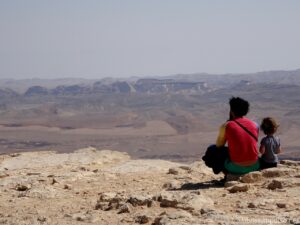 I shall not lack anything “lo achsar” (לֹא אֶחְסָר). God gives us enough hints to help us to make good choices that are in accordance with His will.
I shall not lack anything “lo achsar” (לֹא אֶחְסָר). God gives us enough hints to help us to make good choices that are in accordance with His will.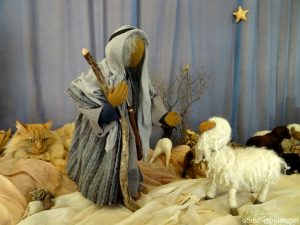 Psalm 23:1
Psalm 23:1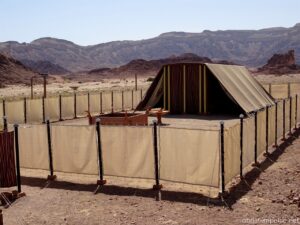 Psalm 23:6
Psalm 23:6 Psalm 23:6
Psalm 23:6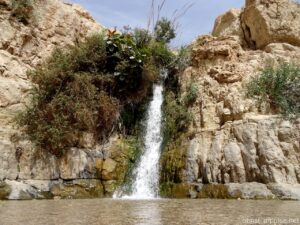 Psalm 23,5
Psalm 23,5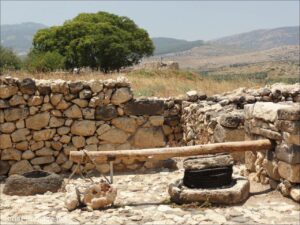 Psalm 23:5
Psalm 23:5 Others translate: “He refreshes my soul” or “He brings my vitality back”
Others translate: “He refreshes my soul” or “He brings my vitality back”